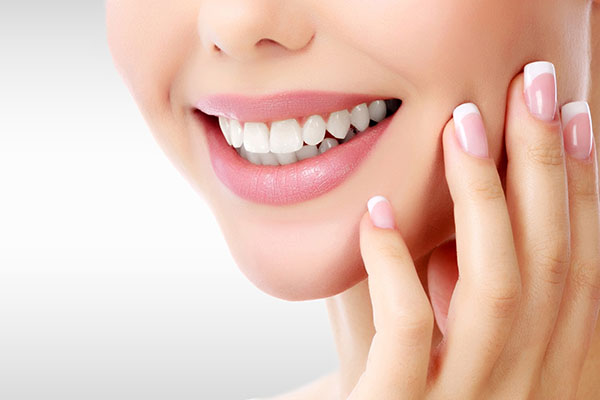 Dental bonding is not a permanent solution. This is in contrast to dental veneers, which are considered a permanent solution and are used for similar reasons as dental bonding. However, dental bonding can last for several years if the teeth are cared for properly.
Dental bonding is not a permanent solution. This is in contrast to dental veneers, which are considered a permanent solution and are used for similar reasons as dental bonding. However, dental bonding can last for several years if the teeth are cared for properly.
Reviewing dental bonding and how long it can last
The following discussion highlights what the dental bonding procedure involves and why it is not considered a permanent treatment solution. This should help answer questions that patients may have about treatment, so they feel more comfortable with the procedure if a dentist has recommended dental bonding as a method of restorative or cosmetic dentistry.
What does the dental bonding procedure involve?
The dental bonding procedure is relatively non-invasive and does not cause much, if any, discomfort. The first step in the process is to clean and prepare the tooth. Once prepared, the bonding material is molded onto the tooth and curated with a special dental light. This provides a comfortable and secure fit for the bonding material.
Is dental bonding considered a permanent procedure?
Dental bonding is not considered a permanent treatment solution because there is not typically any enamel that is removed while preparing the tooth. This is not the case with other restoration solutions, such as dental crowns and dental veneers. However, the drawback to this is that dental bonding does not last as long.
How long can I expect the results of dental bonding to last?
Dental bonding can last for up to a decade or more in some instances. On average, patients can expect the results to last for five years before repair or replacement is recommended. This is because the composite resin material used for dental bonding is durable, but it is vulnerable to stains more than dental veneers are.
What happens if the bonding material falls out or becomes damaged?
The bonding material may eventually damage or fall out of the mouth. When this occurs, the patient should notify the dentist and schedule a prompt visit to have new bonding material applied. Fixing bonding material that damages or falls out is a simple and non-invasive process.
How can I protect my smile after dental bonding treatment?
Patients can take care of their smile with dental bonding the same way as they did before, which should include good oral hygiene practices, limiting the consumption of sugar, and regular dental cleaning visits. It is particularly important to take good care of teeth after dental bonding because the resin material can be vulnerable to stains.
Start the dental bonding treatment process with a consultation
The first step toward an improved smile and oral health with dental bonding treatment is to schedule a consultation visit with a licensed dentist. Here at our dental practice, we take pride in offering high-quality and safe restorative services such as dental bonding. To schedule a visit, give our friendly team a call.
Request an appointment or call McCarthy Dentistry at 740-546-5178 for an appointment in our Marietta office.
Recent Posts
Dental bonding is a non-invasive type of dental restoration. It is a versatile treatment that can be used to fix discolored, cracked, or chipped teeth. The composite is typically applied directly to the patient’s teeth and the treatment is completed in as little as 45 minutes.Composite restorations can also be made at a dental lab…
Dentists often use dental bonding to fix tooth problems. Continue reading to learn more about this type of dental restoration. Many dental patients are opting for this tooth restoration treatment because it strengthens teeth and gives them a natural appearance. Dental bonding also has a much longer lifespan than most tooth repair options. But how…
If you have small defects in your front teeth, dental bonding is a great choice to consider. It is less costly than porcelain veneers and can be a cost-effective alternative for problems such as stained or chipped teeth. Furthermore, bonded teeth do not necessitate any special aftercare. The material used adheres to the teeth well.…


